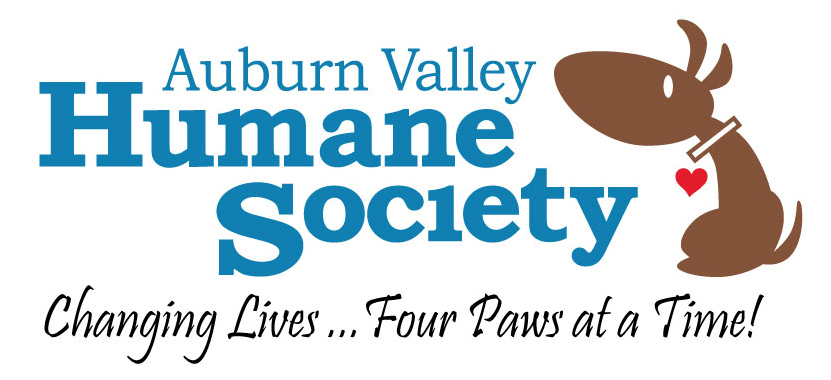COVID-19 and Pets Study
A new research project out of the Center for One Health Research at the University of Washington - in collaboration with WADDL at Washington State University College of Veterinary Medicine - is recruiting now! They are conducting a new study to gain more information about household pets during the COVID-19 pandemic.
* Note: There is currently no evidence that household pets can transmit COVID-19 to humans, or that an infected person needs to give up their animals. We need more studies to understand the connections between people, animals, and our shared environment.
Welcome to the COVID-19 and Pets Study (CAPS). Learn about this new study led by the UW Center for One Health Research to help gather information about household pets during the novel coronavirus pandemic.
Coronaviruses are common in several species of domestic and wild animals, including cattle, horses, dogs, cats, ferrets, camels, bats, and others. Recent reports of animals testing positive for the novel coronavirus have raised concerns among pet owners.
The University of Washington Center for One Health Research has launched a pilot study of people who have tested positive for COVID-19 and their pets, in collaboration with the Washington Animal Disease Diagnostic Laboratory at Washington State University.
The COVID-19 and Pets Study (CAPS) will sample companion animals of positive COVID-19 patients to learn more about the role animals play in the coronavirus outbreak.
What does this study involve?
The study will enroll positive COVID-19 patients and the animals that live in their household
Animals include, but are not limited to: dogs, cats, ferrets, and hamsters. Reptiles such as snakes and lizards will not be included, nor will birds.
A one-time survey lasting about 15-30 minutes that can be completed online or over the phone
One or more household visits to have a veterinarian sample of all animals in the household. Samples consist of nasal and oral swabs and a blood draw. Each visit will take approximately 15-30 minutes and follow-up visits for repeat sampling will only occur if one of your animals tests positive.
Who is eligible?
Proof of a positive test results for COVID-19 within the last two weeks from you or another a member of the household who is currently at home.
One or more indoor animals in your household that are up to date on rabies vaccination.
A resident of King County.
At least 18 years of age.
Fluency in written and spoken English.
Benefits of volunteering:
Participants will receive information about their pets’ status and how to protect their family members and others from exposure.
In addition, the study may provide valuable information for the community and the general population about the risk of COVID-19 to animals.
Participation in this study is voluntary, all information will be kept strictly confidential and no identifiable information about an individual’s household or test results will be released. Just as with human COVID-19 cases, all positive test results from an animal will be reported to Washington state officials for public health surveillance. We will provide the best practice recommendations from the CDC regarding COVID-19 and household animals, which include ensuring the animal stays at home.
For more information: If you are interested in participating in this effort, please find more information at https://redcap.link/CAPS (case sensitive) or contact Vickie Ramirez at ramirezv@uw.edu or 206-685-2654

